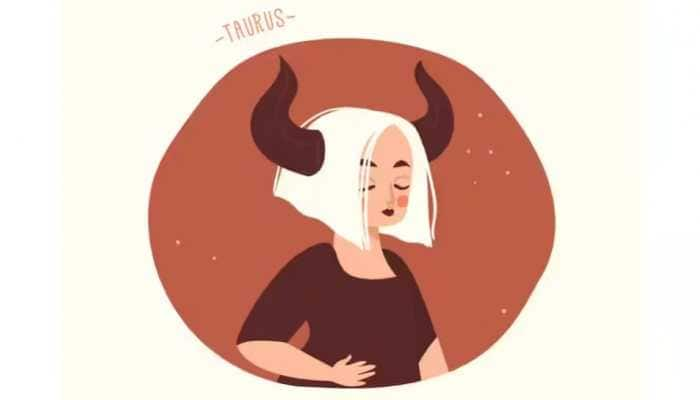Romantic love `really is blind`
Shakespeare`s dictum, `love is blind and lovers cannot see`, is true!
Trending Photos
)
Washington: American scientists have made an advance to prove Shakespeare`s dictum, "love is blind and lovers cannot see".
A brain in love looks like a neurological fireworks display.
The ventral tegmental area and ventral striatum, located in the centre of the brain, light up as the neurotransmitters dopamine and norepinephrine spring into action, causing a person to have short attention spans, feel happy and yearn for the object of her desire.
A 2005 study by Rutgers University biological anthropologist Helen Fisher and colleagues analysed the fMRI brain scans of 17 men and women who were reported being madly in love.
Each image showed the same activity in the brain`s reward system as that which takes place in a cocaine addict`s brain.
Moreover, the love-struck participants could readily tick off traits or characteristics they didn`t particularly like about their lovers, but under the influence of pleasure-enhancing dopamine and other monoamines, they quickly ignore those faults.
"Once you fall in love with somebody, once they trigger the brain system for falling in love, love is blind, no question about that," Discovery News quoted Fisher, who recently wrote "Why Him? Why Her?", which explores the neurological underpinning of romance, as saying.
And once people fall in love, they`re at the mercy of the brain`s reward system until the neurotransmitters oxytocin and vasopressin, which are linked to long-term bonding, produce their calming, stabilizing effect.
However, before the dopamine-fuelled process begins, people have much more power to decide who will receive their love.
Fisher explained: "Love is extremely blind once you`ve chosen your partner, but it`s not so blind while you`re making that choice.
"Basically, this concept of who you choose, it`s like a funnel. At any point, there are breaking points, moments where it`s just not going to work."
But mate selection is fairly pragmatic.
People subconsciously select mates who come from common socio-economic backgrounds, ethnicities, geographies, education levels and upbringings.
Thus, when we`re searching for love, we can reject those who don`t share commonalities and mesh with what Fisher calls our "love maps," or the temperaments and features we develop attractions to from childhood. That way, we don`t fall in love with just anyone.
Fisher said: "In other words, you and I can walk into a room and if everyone was a Pygmy and came up to our hips, we probably wouldn`t fall in love with them...because they`re too unfamiliar."
Many a times the first kiss can ignite a blinding neurological love reaction, activating the dopamine reward system and setting off an addictive response to one`s beloved.
"The first kiss may not make a relationship, but it can clearly break a relationship...What happens is a lot of information from a lot of different modalities is brought to bear on the first kiss -- the posture, the odour, the extent to which there`s an open mouth kiss, the extent to which there``s an exchange of saliva," Gordon G Gallup, an evolutionary psychologist at State University of New York at Albany, said.
But while humans are hard-wired to fall in love intensely, those neurochemical blinders eventually wear off as we settle into relationships.
According to Fisher`s research, as with drugs, people develop a tolerance for the neurotransmitters that produce the head-over-heels feelings and excitement of early love.
Fisher said: "By and large, we are an animal that pairs up to rear our young."
ANI
Stay informed on all the latest news, real-time breaking news updates, and follow all the important headlines in india news and world News on Zee News.
Advertisement
Live Tv
Advertisement







)
)
)
)
)
)
)
)
)
)
